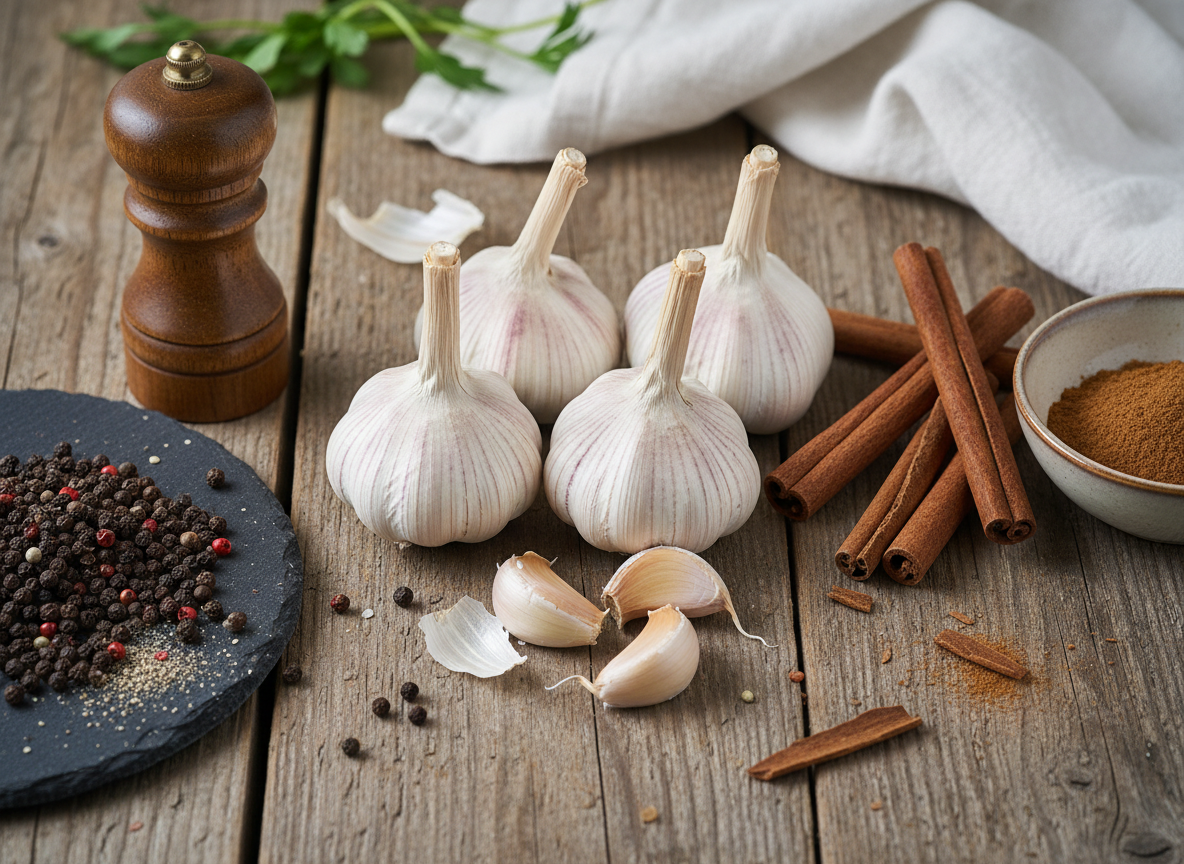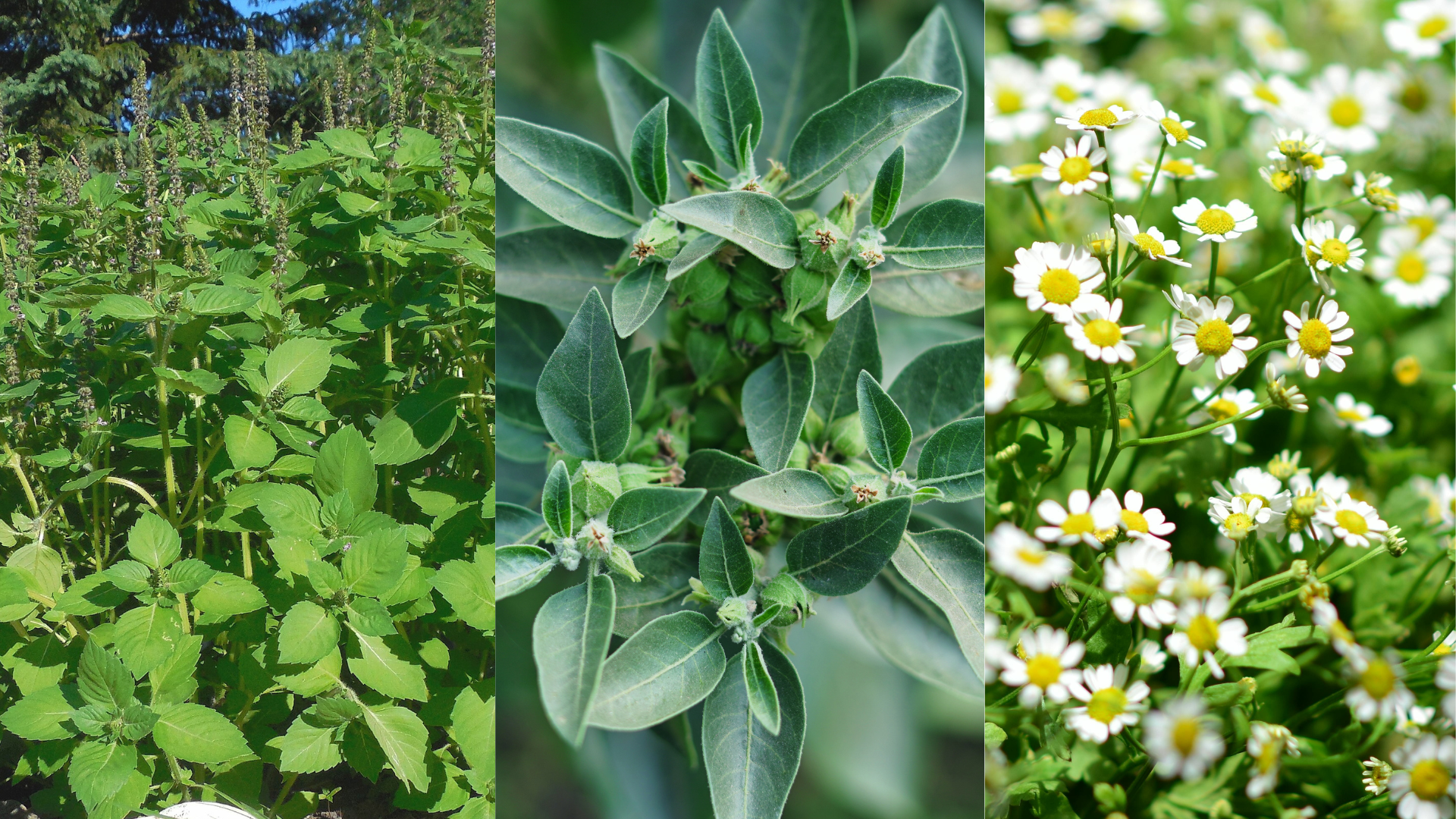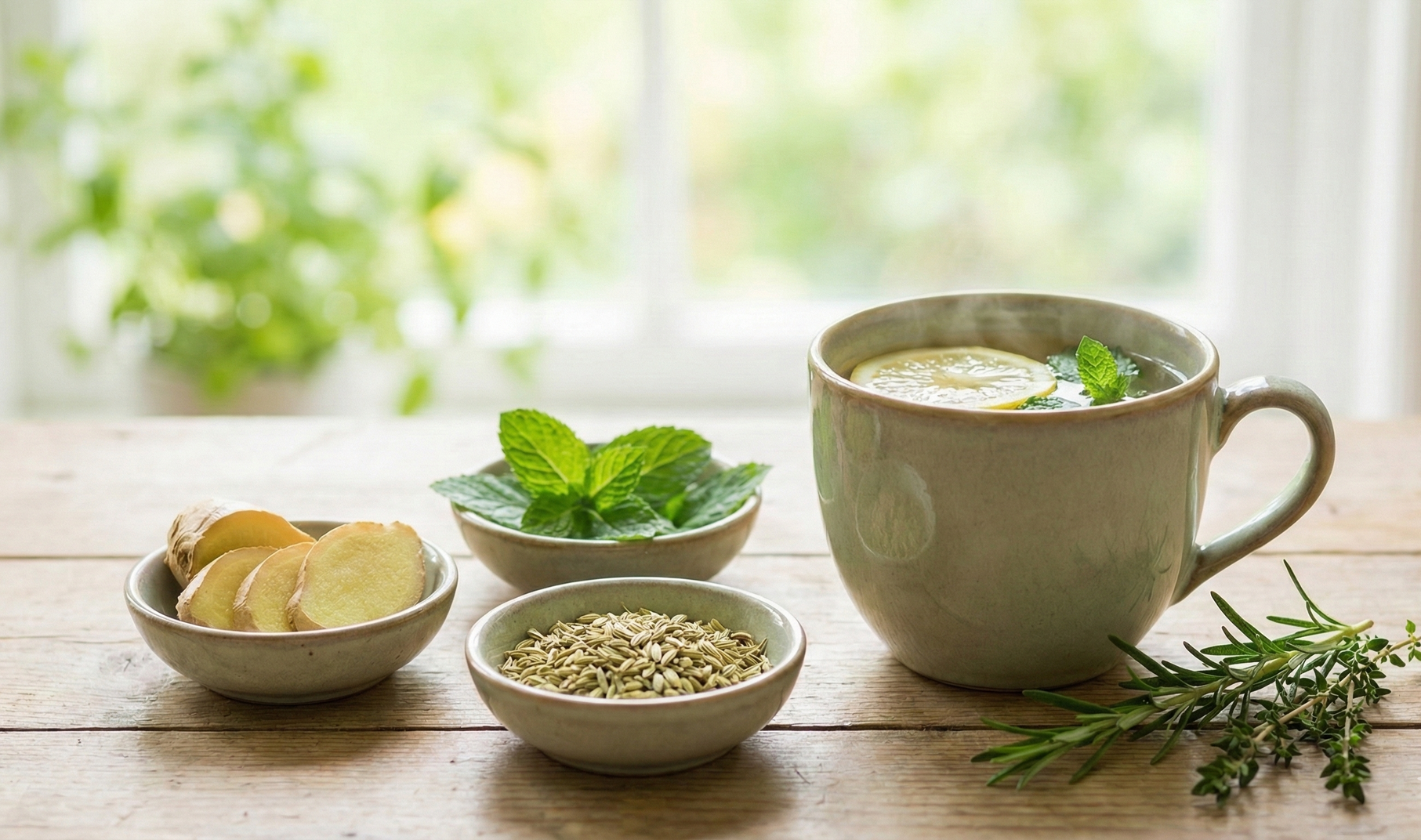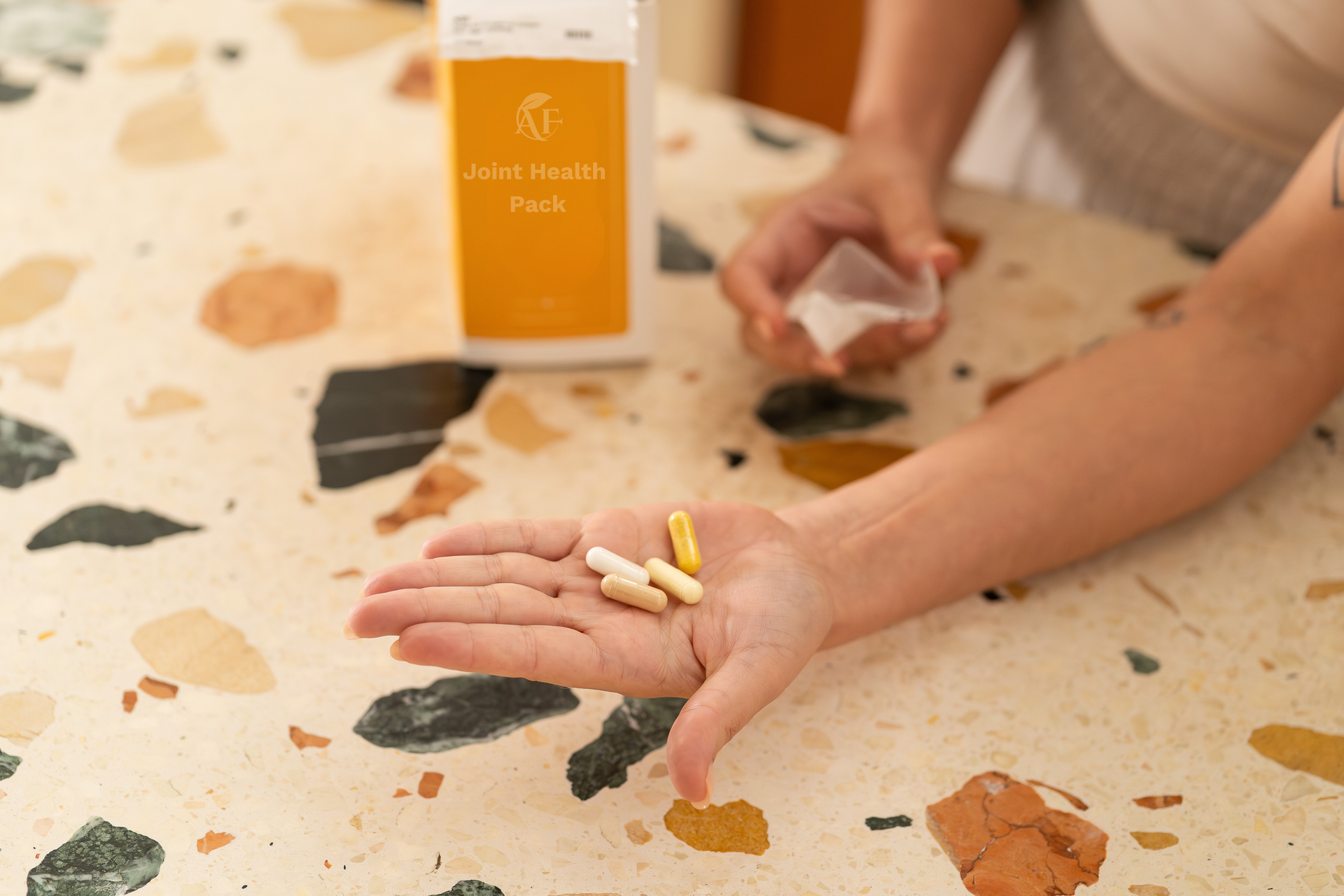
Mast cell activation syndrome (MCAS) and histamine intolerance are conditions that can lead to a wide range of symptoms due to an overproduction or improper breakdown of histamine in the body. A functional medicine nutrition approach for managing these conditions involves addressing the root causes, optimizing gut health, and reducing the inflammatory triggers associated with histamine production.
Key Concepts in Managing Mast Cell Activation Syndrome and Histamine Intolerance
Functional medicine nutrition emphasizes the individual’s unique biochemistry, plans often focus on personalized approaches. The goals in managing MCAS and histamine intolerance are to:
- Reduce mast cell activation and histamine production.
- Optimize histamine breakdown and detoxification.
- Support immune function and gut health.
- Identify and eliminate potential triggers (foods, environmental factors).
Here is a nutrition protocol based on a functional medicine nutrition approach that can help manage MCAS and histamine intolerance:
1. Focus on Low-Histamine Foods
People with histamine intolerance or MCAS need to avoid foods that are high in histamine or trigger histamine release. A low-histamine diet reduces the body’s exposure to excess histamine, allowing the system to stabilize.
Low-Histamine Foods to Include:
- Fresh, unprocessed meats (not cured or aged)
- Fresh vegetables (excluding tomatoes, spinach, avocados, eggplant, and certain leafy greens)
- Gluten-free grains (rice, quinoa, oats, millet)
- Fresh fruits (except for strawberries, citrus, bananas, and pineapple)
- Herbs (parsley, basil, oregano, thyme, rosemary)
- Dairy alternatives (coconut milk, almond milk – if tolerated)
- Healthy fats (olive oil, coconut oil, avocado oil)
- Eggs (if tolerated)
- Non-fermented condiments (such as fresh lemon juice, olive oil, and vinegar made from rice or apple cider vinegar in moderation)
High-Histamine Foods to Avoid:
- Aged cheeses (cheddar, parmesan, blue cheese)
- Cured meats (salami, pepperoni, bacon)
- Fermented foods (sauerkraut, kimchi, kombucha, yogurt)
- Alcohol (especially wine, beer, and champagne)
- Vinegar (especially balsamic and malt vinegar)
- Canned or preserved foods
- Processed and aged fish (such as tuna, mackerel, sardines)
2. Supporting Histamine Breakdown and Detoxification
Histamine is broken down in the body by DAO (diamine oxidase) and HMT (histamine N-methyltransferase). People with histamine intolerance often have reduced DAO activity, leading to an inability to properly break down histamine. Supporting DAO production and histamine metabolism is essential.
Nutrition Strategies:
- DAO Support:
- Vitamin C: Helps to support DAO function. Foods like citrus fruits (if tolerated), bell peppers, broccoli, and kiwi are good sources.
- B6 (Pyridoxine): Essential for DAO production. Foods high in vitamin B6 include chicken, turkey, fish, bananas, and potatoes (if tolerated).
- Copper: Plays a role in DAO enzyme function. Sources include shellfish, liver, beans, and nuts.
- Histamine Methylation:
- Folate and Vitamin B12: These vitamins help with histamine methylation. Sources of folate include leafy greens, avocados, and beans. B12 can be found in grass-fed meats, fish, and eggs (if tolerated).
- Gut Health Support:
- Probiotics: Some strains of probiotics, such as Lactobacillus rhamnosus and Bifidobacterium, may help regulate histamine production in the gut. However, some individuals with histamine intolerance may need to avoid probiotics that contain high-histamine-producing strains, such as Lactobacillus casei.
- Prebiotics: Fiber-rich foods, like garlic, onions, asparagus, and artichokes, support the growth of healthy gut bacteria.
3. Anti-Inflammatory Support
Mast cell activation leads to the release of various inflammatory mediators like prostaglandins, leukotrienes, and cytokines. A diet that supports anti-inflammatory pathways can help stabilize mast cells and reduce symptoms.
Anti-Inflammatory Nutrients to Include:
- Omega-3 fatty acids: Found in fatty fish (like salmon and sardines), flaxseeds, chia seeds, and walnuts. Omega-3s can help modulate inflammation and immune function.
- Curcumin: The active compound in turmeric, curcumin has powerful anti-inflammatory properties. Use fresh turmeric root or powdered turmeric in smoothies, teas, or soups.
- Ginger: Contains compounds like gingerol, which can help reduce inflammation. Fresh ginger can be added to juices or teas.
- Polyphenol-rich foods: Berries (like blueberries, raspberries, and blackberries), green tea, and dark chocolate (in moderation) are rich in polyphenols that help fight inflammation.
4. Gut Health and Immune System Support
Mast cell activation is often linked to imbalances in the gut microbiome or gut permeability. Supporting a healthy gut with functional foods can help reduce systemic inflammation and prevent mast cell degranulation.
Gut-Healing Foods:
- Bone broth: Rich in collagen and amino acids, bone broth can help heal the gut lining and reduce intestinal permeability (leaky gut).
- L-glutamine: This amino acid is a key fuel source for the cells of the intestines, promoting gut healing. Foods like cabbage, spinach, and beef (if tolerated) can support glutamine production.
- Digestive enzymes: Sometimes, digestive enzymes may help break down histamine in food before it enters the bloodstream. Consider adding enzyme supplements that contain histamine-degrading enzymes or taking betaine HCl with meals to support stomach acid levels.
5. Lifestyle Modifications
In addition to dietary changes, lifestyle modifications can play a significant role in managing mast cell activation and histamine intolerance.
- Stress Management: Chronic stress can exacerbate mast cell activation. Incorporate stress-reducing practices such as yoga, meditation, deep breathing exercises, and tai chi.
- Sleep: Prioritize restful sleep, as adequate rest is essential for immune function and overall health.
- Avoiding Triggers: Environmental factors like temperature extremes, certain fragrances, or chemicals (like perfumes or cleaning agents) can trigger mast cell activation. Be mindful of environmental allergens and irritants.
Supplements to Consider:
- Vitamin C: Supports DAO function and immune health.
- Quercetin: A flavonoid that stabilizes mast cells and has anti-inflammatory effects.
- Bromelain: An enzyme from pineapple that may help reduce inflammation and improve digestion.
- DAO supplements: Some people with histamine intolerance find benefit from taking DAO enzyme supplements to help break down histamine in food.
- Probiotic supplements: Strains like Lactobacillus rhamnosus and Bifidobacterium can help balance gut bacteria.
Conclusion:
A functional medicine nutrition approach to mast cell activation syndrome and histamine intolerance focuses on individualized, root-cause strategies. The primary goals are reducing histamine exposure, supporting DAO production and histamine breakdown, and promoting overall immune system and gut health. A low-histamine diet, along with careful supplementation and lifestyle adjustments, can help manage symptoms and restore balance. Always consult with a functional medicine practitioner or healthcare provider to personalize the approach to your needs.
List of Recommended Functional Range Tests to Support your Overall Health

Recommended Vibrant America Labs for MCAS & Histamine Intolerance
1. Food Sensitivity Complete Panel
- Purpose: Assesses sensitivity to 209 common foods and food additives, which can contribute to chronic inflammation and increased intestinal permeability (leaky gut).
- Benefits: Helps identify food triggers that may exacerbate histamine intolerance symptoms.
2. Food Sensitivity Profile 2
- Purpose: Evaluates sensitivity to 84 common foods in the Western diet.
- Benefits: Useful for individuals diagnosed with or suspecting increased intestinal permeability, autoimmune disorders, or chronic inflammation.
3. Gut Zoomer
- Purpose: Investigates how the gut microbiome impacts the immune system.
- Benefits: Provides insights into gut health, which is crucial for managing histamine intolerance and MCAS.
4. Total Tox
- Purpose: Provides insight into total toxin burden.
- Benefits: Chronic toxin exposure could trigger mast cells to release histamine, making this test valuable for MCAS management.
5. Wheat Zoomer
- Purpose: Investigates possible leaky gut and examines gluten sensitivity.
- Benefits: Useful for individuals with non-celiac gluten sensitivity, as they may have lower levels of the enzyme diamine oxidase (DAO), which degrades histamine.
6. Neurotransmitters Test
- Purpose: Includes urinary histamine levels.
- Benefits: Measurement of urinary histamine can be utilized to monitor fluctuations in plasma histamine, providing insights into histamine metabolism.
Additional Tests to Consider
Tryptase Test
- Purpose: Measures tryptase levels, which can be elevated in MCAS.
How to Order
You may order the following recommended tests at your convenience and have them shipped directly to your home. Click link below to view tests















